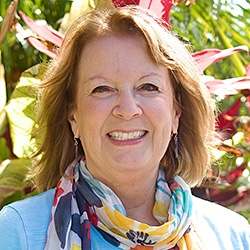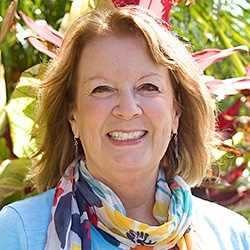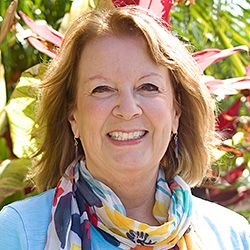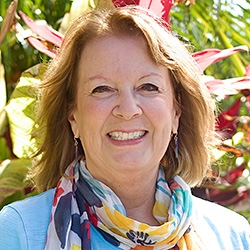

NVC Resources on Conflict
-
Trainer Tip: NVC-based social change naturally emerges from “a certain kind of spirituality”, a quality of spiritual clarity. Intuitions and impulses arising from spiritual clarity are more likely to support sustainable systems. Read on for how to bring more of this in, and ways to transform your complaint into commitment.
-
Trainer Tip: When they say "no", acknowledge what people are saying "yes" to. From there, you persist towards a resolution that values both party's needs, without demand. Persisting is when we try to meet needs by continuing to connect with another. Demanding is when we insist someone do something, or else face negative repercussions. Showing care and willingness to work with people can help them to want to collaborate and resolve conflict.
-
Trainer Tip: Thinking someone is bad, wrong, or evil can make it more difficult to connect with them. If we focus on this kind of thinking, we stay in the problem or conflict. The minute we step out of judgement and listen for the needs underlying their actions, we begin working for the solution. Put your focus in the direction of the result you want. Read on for an example.
-
Create and sustain a collaborative culture by learning which systems shape organizations.
-
Among NVC practitioners, empathy can be superficial. How open are you to being influenced by what others are saying? Do you reflect back and then guard and remain within your position of being right, even as you say otherwise? Only when we're eager to be influenced by what they say can we connect, expand our world and thus, shift the field. Without such openness we fool ourselves into thinking we are truly empathic listeners.
-
Trainer Tip: We can voice our upset about a situation and still see the higher self in the other person. Honest expression can deepen connection and bring us closer to resolution and connection, when we're not judging them. To know that they're a spiritual being, but think they're an insensitive slob or egotistical bore, is a contradiction. Instead, look for the needs they want to meet. See the spiritual being in everyone—even yourself.
-
Bring nonviolence to life through facilitation, integrate love and courage in every group process.
-
Trainer Tip: We have a better chance of getting our needs met if we prioritize connecting with one another's needs more than being right. This way we can reduce the chances of conflict arising. We also increase the possibility we can find ways everyone’s needs can be met.
-
Miki Kashtan helps a mother restore connection with her daughter after a painful conflict.
-
Join Jim and Jori Manske in a thought experiment exercise designed to help us become more aware of our conditioning, allowing us to make more conscious and connected choices in the face of conflict.

Quick Links
Subscription Preferences
Stay In Touch!
Looking for ways to keep up with NVC Academy news, get special offers, free resources, or words of inspiration? Here are five ways to stay engaged:










